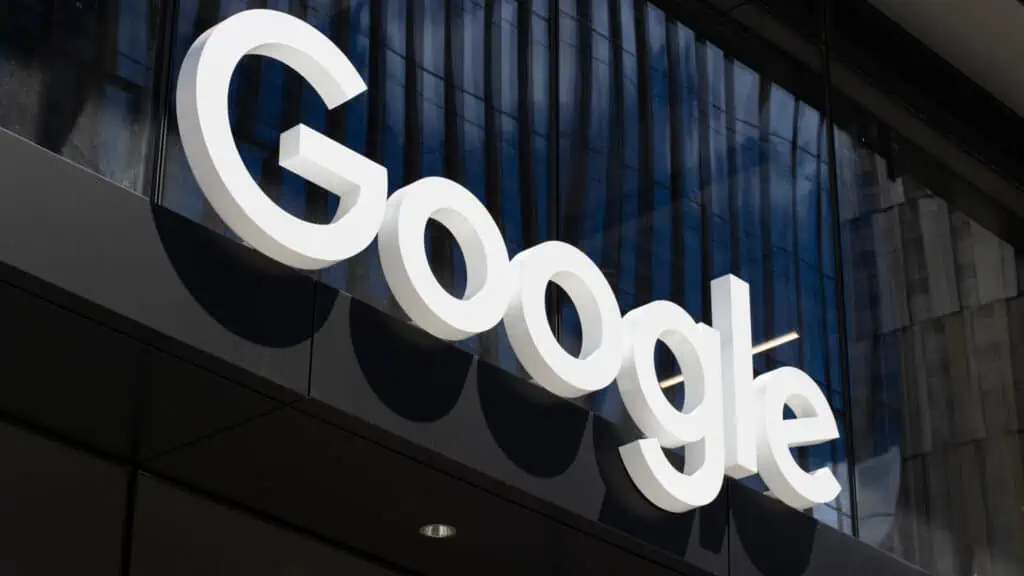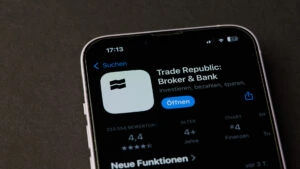Google is at loggerheads with the EU Commission over how to adapt its services to the EU’s Digital Market Act (DMA). A hotel search experiment has now been terminated prematurely.
In the dispute over the interpretation of the European digital law DMA, Google has prematurely ended an experiment in which the company had removed a number of direct offers from the search results in the hotel search. The test had shown that the removal of direct booking links demanded by competitors was detrimental to both users and European hotel companies. “Due to the negative effects we have already noticed, we have discontinued the test,” according to a blog post by Oliver Bethell, head of Google’s legal department.
“Blue links like ten years ago”
Before the experiment, the hotel search had also shown the hotels directly in a highlighted display alongside links to special search engines and comparison portals such as Booking.com or Check24. During the test, Google only displayed a list of individual links to hotel websites without any additional functions – “similar to our old “ten blue links” format from years ago”.
The highlighted content, which was no longer visible during the approximately two-week test, included an interactive map with hotel entries, on which the prices for an overnight stay could be seen at a glance, the so-called free booking links.
Traffic dropped during the test
The experiment of doing without the free booking links has reduced the number of hotel search requests overall. “The biggest drop was recorded by the hotels themselves (more than ten percent), which affected hundreds of thousands of European hotels,” the Bethell blog post continues. In contrast, traffic to intermediary sites remained largely unchanged.
With the test, Google complied with the demands of competitors, at least temporarily in Germany as well as in Belgium and Estonia. They want to prevent travelers from being able to book a hotel directly via Google search results.
According to the provisions of the Digital Markets Act (DMA), large online platforms are not allowed to give preference to their own offerings. Google Search is one of the services that the EU Commission has identified as so-called “gatekeepers” under the DMA. They are subject to requirements that are intended to enable more competition.
Google has been trying for years to provide specific answers directly to users’ search queries in addition to a selection of information. This has repeatedly led to criticism from specialist search engines, among others, who have accused the industry giant of unfair competition.
dpa





